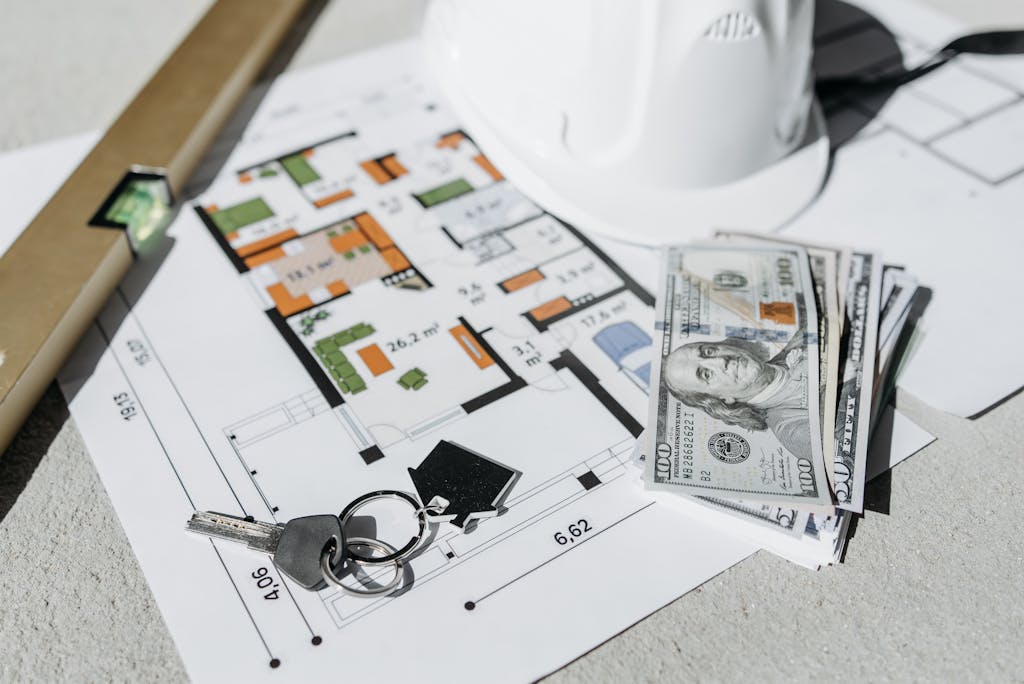Homestead & Property
Tax Exemptions

The homestead exemption in Texas is a legal provision that can significantly reduce your property taxes on your primary residence. Here’s a breakdown of what it means and how it works:
Homestead: What is it?
A homestead can be a separate structure, condo or a manufactured home located on owned or leased land, as long as the individual living in the home owns it. A homestead can include up to 20 acres if the land is owned by the homeowner and used for a purpose related to the residential use of the homestead.
Texas offers a variety of partial or total exemptions from appraised property values used to determine local property taxes. Applications for are filed with the appraisal district in which the property is located. The deadline for filing an exemption application is before May 1. If you forget to apply, you have up to 2 years to apply and it’s retroactive. There is no fee for filing. There is no need to reapply annually.
To qualify:
You must include a copy of your Texas driver’s license. The mailing address must match the address of the property you are applying for.
You must complete the application and provide any additional supporting documents as required by the Texas Property Tax Code.
You cannot claim a homestead exemption on any other property.
Types of Exemptions:
Residence Homestead – School districts to provide a $40,000 exemption on a residence homestead. To qualify for the general residence homestead exemption an individual must have an ownership interest in the property and use the property as the individual’s principal residence.
Age 65 or Older or Disabled Persons – For persons age 65 or older or disabled, school districts are required to provide an additional $10,000 residence homestead exemption. To qualify, the individual must be age 65 or older, have an ownership interest in the property and live in the home as his or her principal residence. A disabled person must meet the definition of disabled for the purpose of receiving disability insurance benefits under the Federal Old-Age, Survivors and Disability Insurance Act.
Disabled Veterans and Surviving Spouses of Disabled Veterans – A partial exemption is provided for any property owned by a disabled veteran. The amount of the exemption varies depending on the disabled veteran’s disability rating. The surviving spouse who remains unmarried and surviving children of a disabled veteran may also qualify for an exemption under this section.
How to File:
How to File:
First make sure your Texas Drivers License matches your address for homestead. *
Find the application here.
Checking Status of your Application:
https://bexar.trueautomation.com/clientdb/PropertySearch.aspx?cid=110
*Change Address on Texas DL:
In Texas, your address on a driver license or ID card must be changed within 30 days after moving to your new residence. There are 3 ways to request a replacement: For online, the license or ID card cannot already be expired. You must be at least 18 years old, and your social security number must already be on file with the DPS. For mail-in replacements, the requirements remain the same, but the form can be printed and mailed to Texas Department of Public Safety, PO Box 149008, Austin, Texas, 78714-9008. To change it in person, locate the nearest office.
Info provided by Kathy Masterson (License #788021) in good faith and intention.
All info should be verified directly with the county you reside.


